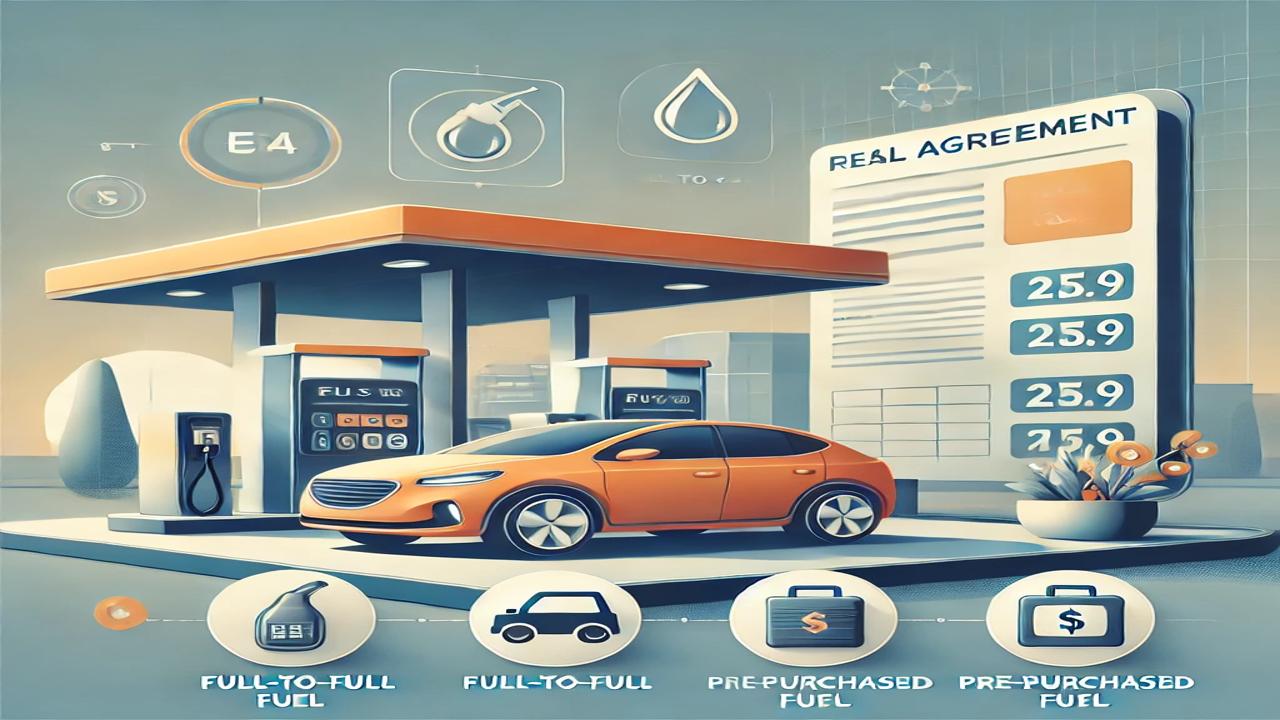Car Rental and Fuel Options: The Most Economical Choice

1. Fuel Options: Gasoline, Diesel, and Electric Cars
Car rental companies typically offer three main fuel types: gasoline, diesel, and electric. Each has its advantages and disadvantages, but when deciding which one is most economical, factors like the type of trip and distance you’ll be traveling are important to consider.
Gasoline Cars
Gasoline cars generally have lower rental rates and maintenance costs. However, fluctuating gas prices can make them more expensive for long-distance trips. Gasoline vehicles are ideal for short trips, especially within the city.
Advantages:
- Lower rental prices.
- More efficient for city driving.
- Cheaper maintenance and repairs.
Disadvantages:
- Higher fuel costs on long trips.
Diesel Cars
Diesel cars can be more economical for long trips. Diesel engines consume less fuel, so they offer savings on long journeys. However, diesel rental rates are usually higher, and some countries impose higher taxes on diesel vehicles.
Advantages:
- Lower fuel consumption on long distances.
- More durable engines and longer lifespan.
Disadvantages:
- Higher rental fees.
- Higher maintenance costs.
Electric Cars
Electric vehicles offer significant savings on fuel costs and are environmentally friendly. Renting an electric car can be a great choice for short trips, as it helps reduce overall operational costs. However, electric car rentals can be more expensive, and in some areas, charging stations might be limited.
Advantages:
- Lower energy costs (electricity).
- Environmentally friendly.
- Ideal for city driving and short trips.
Disadvantages:
- Higher rental fees.
- Limited charging stations in some areas.
2. Pay Attention to Fuel Policies
Car rental companies typically offer three types of fuel policies:
Full-Full Policy
This is the most common fuel policy. The vehicle is delivered to you with a full tank, and you are required to return it with a full tank as well. This option is particularly suitable for vehicles with high fuel consumption since you only pay for the fuel you use.
Advantages:
- Fair and straightforward.
- No extra charges.
Disadvantages:
- You might end up paying for more fuel than needed.
Full-Empty Policy
With this policy, the car is delivered to you with a full tank, but it should be returned with an empty tank. This means the amount of fuel left in the car when you return it doesn’t matter. However, the downside is that you could end up paying for more fuel than you used.
Advantages:
- More flexible.
Disadvantages:
- You may pay for more fuel than necessary.
Prepaid Policy
In this policy, the car rental company charges you for the fuel before you receive the vehicle. You don’t have to worry about refueling when you return it, but you’ll need to ensure it is returned with a full tank to avoid additional charges.
Advantages:
- Faster pick-up and return process.
- Can be beneficial in specific situations.
Disadvantages:
- You may end up paying for excess fuel.
3. Choosing the Most Economical Car: Which Cars Are More Cost-Effective?
Among the various options offered by car rental companies, economy cars are typically the most affordable. Small, fuel-efficient vehicles are ideal for city driving and short-distance trips. Electric and hybrid cars can also be excellent options for those looking to save on fuel costs.
4. Car Selection and Travel Type
The purpose of your trip and the distance you plan to travel are also crucial factors when selecting a car. If you're planning a long-distance vacation or business trip, diesel or electric cars can save you money in the long run. However, for short-distance travel, gasoline cars or economy vehicles should suffice.










